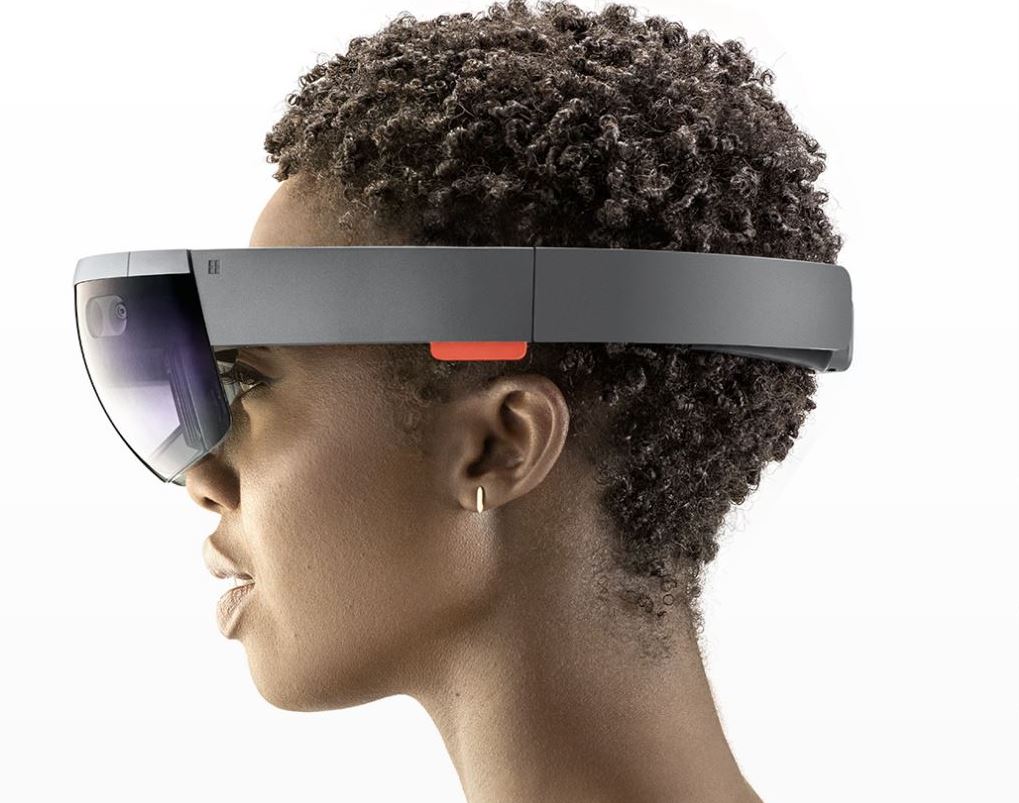Microsoft's next HoloLens device may not debut until 2019: Report

Microsoft may have decided to nix its HoloLens 2 headset which was expected to debut in early 2017 and decided to go straight to version 3 in 2019.

The decision to skip version 2 and go straight to 3 is according to a report on February 19 from Brad Sams on Thurrott.com. Sams cites multiple anonymous sources as saying Microsoft's next HoloLens release is two years away.
Microsoft isn't confirming or denying Sams' report. The official "we don't need any stinkin' roadmaps" comment from a company spokesperson:
"Mixed reality is the future of computing, and Microsoft HoloLens is the future and present of mixed reality. Our commitment requires no roadmap."
Microsoft first showed off its HoloLens augmented-reality device in early 2015. Microsoft management decided to make businesses, rather than games/consumers, the initial target for HoloLens. Last year, Microsoft made available two commercial versions: A Development Edition for $3,000 and a Commercial Suite bundle for $5,000.
Last Summer, Microsoft began shifting the conversation about the HoloLens, emphasizing that the future of holographic devices was more about mixed reality than augmented reality. In the mixed-reality world, users would be able to use untethered HoloLens headsets and/or much cheaper virtual reality headsets made by third-party partners that would run the Windows Holographic shell and be tethered to PCs.
Sources of mine said Microsoft has shown off HoloLens 2 hardware to some under non-disclosure. However, Microsoft didn't show its Most Valuable Professional (MVP) partners second-generation HoloLens devices in November 2016. I'd heard from several contacts that Microsoft's plan was to release HoloLens 2 hardware in the early part of 2017, which was later than officials originally had hoped and planned.
If Sams' report is correct, Microsoft recently changed course and decided to drop the planned HoloLens 2 device. Sams' sources say that the company may have done so because augmented-reality devices from competitors like Apple and Magic Leap are not likely to pose a threat this year or next.
Microsoft's plan for HoloLens mirrors its Surface strategy in many ways. Microsoft's goal in making its own headsets wasn't to sell lots of low-cost devices. It was to create a differentiated device that would be inspirational to its third-party partners. Microsoft officials have said publicly that the company has sold "in the thousands" (not hundreds of thousands) of HoloLens devices to date. I don't have a sense if this number is seen by management as great, expected or underperforming.
Microsoft and partners like Acer, Asus, Dell, HP and Lenovo are expected to make available to select developers early versions of tethered VR headsets that work with PCs running Windows 10 Creators Update at the Game Developers Conference, which kicks off February 27.
Skipping an already-late hardware release might be smart, but I can't help but wonder if Microsoft really does wait until 2019 to roll out its next augmented-reality device whether it might risk falling behind....